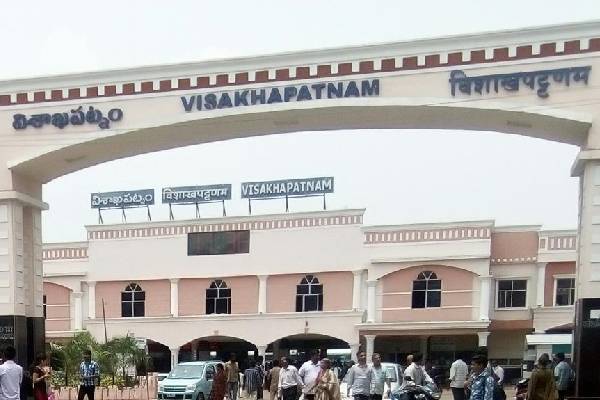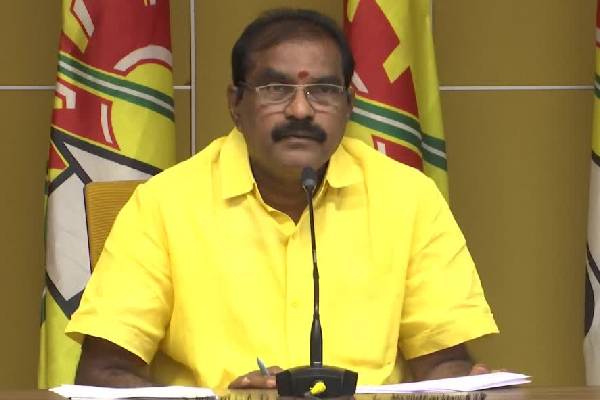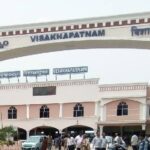The Centre on Thursday announced a Rs 170,000 crore relief package to protect the weaker sections of the society from the economic fallout of Covid-19.
Announcing the the measures of relief package, Finance Minister Nirmala Sitharaman said that the PM Garib Kalyan Yojana will benefit migrant workers, rural poor and the women.
However, this might not be the final relief package, as the FM clarified to a question that the current package is only for the “poorest of the poor” and the weaker sections of the society.
There were high expectations that the government will announce certain economic relief measures for the industry.
On the relief scheme, Sitharaman said it will work via direct cash transfer, as one set of measures, while another set will include food security-related measures.
“We do not want anyone to remain hungry, so we will be giving enough to take care of their foodgrain requirements, protein requirement in terms of pulses,” she said.
“On the other hand, they should also not remain without money in hand. So several measures through DBT are being taken so that money reaches them so that they can have money in their hands.”
In a step by step announcement, the FM said that the Centre will provide Rs 50 lakh worth medical insurance per person for medical industry workers such as sanitation and Asha workers, paramedics, nurses and doctors who are putting themselves at risk by treating Covid-19 patients.
On the food package component of the scheme, the minister said 80 crore beneficiaries will receive additional 5 kg of rice or wheat free of cost for three months in addition to 1 kg of pulses per household.
“So, five kg (rice or wheat) per person will be provided to all ration card holders per month for the next three months free of charge. This will be over and above what they get under existing schemes. Also, each household will also be provided free 1kg pulses per month for next three months,” she said.
Under the cash transfer part, the minister said that it will largely be based on DBT through which farmers, migrant workers, widows, pensioners amongst others will be provided relief.
For farmers, the first instalment of the Rs 6,000 per year given under PM Kisan Yojana will be given at the beginning of the year itself. So Rs 2,000 will be provided into the accounts of farmers, a move that will immediately benefit 8.69 crore farmers.
The MNREGA wages have also been increased from present Rs 182 per day to Rs 202. “As a result, we expect Rs 20 per worker will be the additional income that will benefit 5 crore families,” the minister said.
Sitharaman also decided to provide cash into the account of 3 crore senior citizens to help them cope with the current crisis. Accordingly, one time amount of Rs 1,000 will be provided in two instalments into their account.
Also, Ujjawala cooking gas connection holders, over 8 crore women now, will get free LPG cylinders for the next three months. The 63 lakh women Self help groups (SHGs), that benefits seven crore households, will be provided collateral free loans, under the Deen Dayal National Rural livelihood mission, of Rs 20 lakh – double the existing amount of Rs 10 lakh.
In yet another relief measure, the Finance Minister announced that the government would bear entire 24 per cent EPF contribution of employer and employees for next three months. This support will be for employees of establishments that employ upto 100 employees and wages of 90 per cent of their employees is less than Rs 15,000 per month.
For organised sector, EPFO regulation will be amended so that workers can draw up to 75 per cent of their contingency expenditure non-refundable advance or three months of wages in advance whichever is less.
Moreover, about 3.5 crore registered building and construction workers would be provided assistance and support from the Rs 31,000 crore welfare funds.
“We will be giving directions to the state governments to ensure that the fund can be utilised for helping those who are facing economic disruption as a result of this particular lockdown,” the FM said.
The Centre has also requested the state governments to utilise the funds which are available under the district mineral fund for supplementing and augmenting all kinds of medical testing activities, screening activities, and also other requirements, which are so necessary now to fight the coronavirus and from preventing its spread.



































